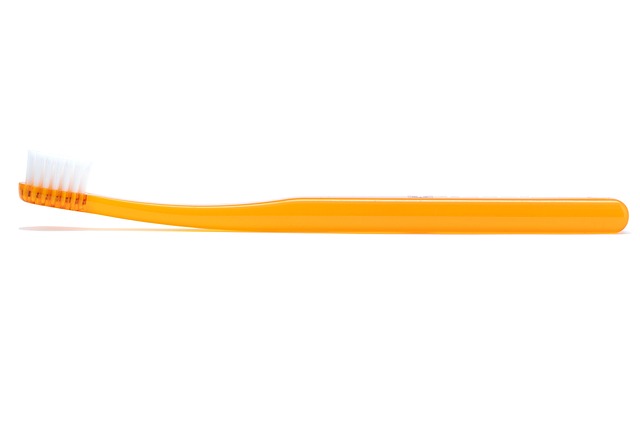Tooth pain in Eugene, Oregon, requires prompt dental attention, especially severe cases. Root canals are an established treatment for infected tooth pulp, alleviating pain and saving teeth. Holistic alternatives like acupuncture offer natural relief. Preventive care through regular check-ups, cleanings, and oral hygiene is crucial to avoid extensive procedures like root canals.
Feeling a sharp or dull ache in your teeth? You’re not alone. Tooth pain can strike anyone, anywhere—including Eugene, Oregon. Understanding your options is key to finding relief. This guide explores various tooth pain solutions, from traditional root canal treatments to alternative therapies for severe cases. Learn about long-term preventatives too, ensuring a bright and healthy smile for years to come, with a focus on the common yet effective procedure: root canal.
- Understanding Tooth Pain in Eugene, Oregon
- Root Canal: A Common Treatment Option
- Alternative Therapies for Severe Cases
- Preventing Dental Issues: Long-Term Solutions
Understanding Tooth Pain in Eugene, Oregon

Tooth pain can be a debilitating and confusing experience for many folks in Eugene, Oregon. Understanding the source of discomfort is crucial to finding effective relief. While occasional sensitivity or mild aches might be easily attributed to food particles or minor irritations, more severe tooth pain could indicate underlying issues requiring professional attention.
One common yet serious condition often associated with intense dental pain is an abscessed tooth, which can lead to root canal infections if left untreated. Eugene residents should remember that timely intervention from a qualified dentist can significantly alleviate tooth pain and prevent further complications.
Root Canal: A Common Treatment Option

Root canals are a common dental procedure for managing severe tooth pain, especially when caused by infected or inflamed pulp. This treatment option is often recommended when a tooth’s inner nerve and blood vessels become damaged due to decay, injury, or gum disease. During a root canal, the dentist carefully removes the infected tissue, cleans and shapes the root canal, and then fills and seals it to prevent further infection.
This process aims to save the natural tooth and alleviate pain. Many patients find relief from chronic toothaches after undergoing a root canal procedure. It’s an effective solution that can last for years with proper care, providing an alternative to tooth extraction and promoting oral health.
Alternative Therapies for Severe Cases

For severe tooth pain cases, it’s crucial to explore alternative therapies beyond traditional dental treatments like a root canal. In Eugene, Oregon, holistic healthcare practitioners offer a range of options that address both the physical and emotional aspects of dental discomfort. Techniques such as acupuncture and chiropractic care have shown promise in alleviating tooth pain by targeting specific pressure points and promoting natural healing.
Additionally, natural remedies like essential oils (e.g., peppermint, eucalyptus) and herbal infusions can provide temporary relief. These alternative approaches often work synergistically with conventional dentistry, offering a more comprehensive solution for managing severe tooth pain while exploring less invasive procedures.
Preventing Dental Issues: Long-Term Solutions

Preventing dental issues, especially persistent tooth pain, involves a combination of regular oral hygiene and long-term solutions. One common and effective method to address and prevent severe tooth pain is through root canal therapy. This procedure is often recommended when the inner layer of the tooth, known as pulp, becomes infected or damaged. By removing the infected pulp, cleaning and sealing the root canal, this treatment can save the natural tooth and alleviate the pain associated with dental infections.
Regular check-ups and cleanings at your Eugene, Oregon, dentist are crucial for maintaining oral health. During these visits, dentists can identify early signs of decay or infection, providing opportunities for simple treatments to prevent more complex procedures like root canals. Additionally, adopting a consistent oral care routine at home, including brushing twice daily with fluoride toothpaste and flossing once daily, significantly contributes to long-term dental wellness, reducing the risk of both tooth pain and extensive dental work.
